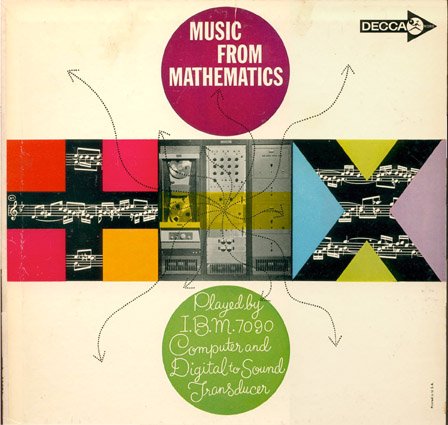 Engaging Students in Learning Mathematics Grants for Grades 6–8 Teachers
Engaging Students in Learning Mathematics Grants for Grades 6–8 Teachers
http://www.nctm.org/resources/content.aspx?id=1320
The purpose of this grant is to incorporate middle school classroom materials or lessons that actively engage students in tasks and experiences to deepen and connect their content knowledge.
For 2012-2013, grants with a maximum of $3,000 each will be awarded to persons currently teaching mathematics in grades 6–8. Materials may be in the form of books, visual displays, slide shows, videotapes, or other appropriate medium. Materials may not be calculators, computers, or related equipment. Although such equipment is essential in today’s classroom, this award is not intended to purchase such equipment.
The focus of these materials should be on showing the connectivity of mathematics to other fields or to the world around us. Proposals must address the following: one or more of the Content Standards: number and operations, geometry, measurement, algebra; plan for developing and evaluating materials; and the anticipated impact on students’ learning.
The applicant must be a current (as of October 14, 2011) Full Individual or E-Member of NCTM or teach at a school with a current (as of October 14, 2011) NCTM PreK–8 school membership and currently teach mathematics in grades 6–8 at least 50 percent of the school day.
Project activities are to be completed between June 1, 2012, and May 31, 2013. Past recipients of this grant are not eligible to reapply. No person(s) may receive more than one award administered by the Mathematics Education Trust in the same academic year.
Interested teachers are invited to submit a proposal.










